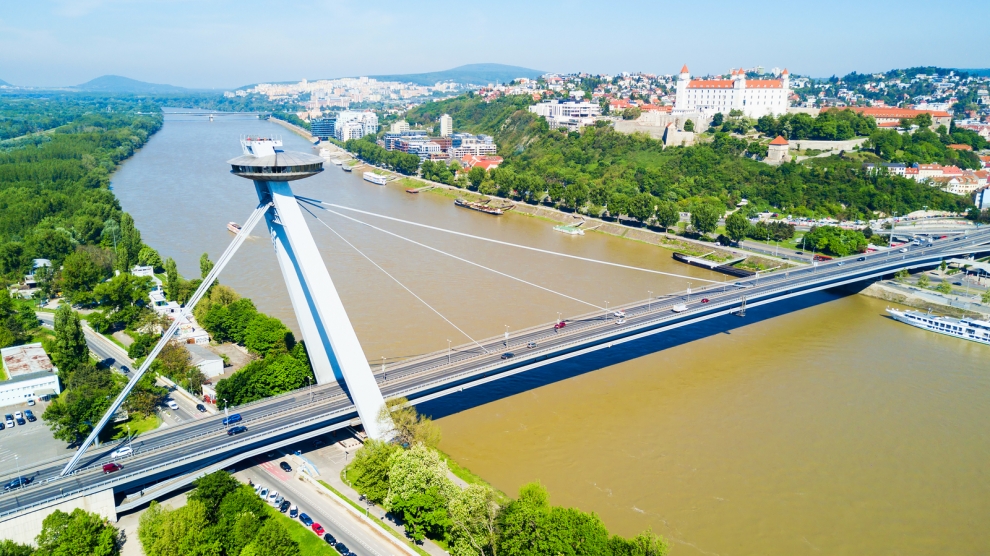Slovak entrepreneurs have complained about a major deterioration in the business environment, but they still expect to see positive development of the economy.
“The business environment in Slovakia continued to worsen in late 2017 with firms complaining about staff shortages, extensive red tape, and poor quality legislation,” says Peter Kremský, executive director of the Business Alliance of Slovakia (PAS). “In the fourth quarter of 2017, the business environment deteriorated significantly, with the PAS index falling 2.2 per cent from the last survey to 47.5 points. The business environment suffers most from a lack of workers, while as far as legislative rules are concerned, entrepreneurs are most critical about amendments to the accounting law.”
At the same time, Slovak firms positively assessed recent legislation: the amendment to the Commercial Code to prevent unfair mergers, as well as welcoming an amendment to the Value Added Tax Act aimed at accelerating the payout of VAT refunds and boosting their control and transparency as well as measures reducing bureaucracy.
A survey carried out by the Slovak Chamber of Commerce and Industry (SOPK) in late January says that firms expect their own economic results to be better than a year ago and will continue to improve going forward.
“As for the expected development of the Slovak economy, the challenge will mainly be support for science, research and education,” said Peter Mihók, the chamber’s chairman. “Independent Slovakia has shown itself to be practically viable in all fields in the 25 years of its existence. However, this and the next few years will mainly be about the sustainability of positive developments. This will require significant changes in the education sector in terms of preparing future qualified workers, as well as in the field of science and research,” he added.
“In September 2017, the government approved an action plan to increase transparency and simplify the implementation of EU Funds, prepared in cooperation with an initiative called Let’s Stop Corruption,” said Peter Pellegrini, deputy prime minister for investments and informatisation. “The action plan is another step forward, in response to deficiencies found in calls for scientific-research projects and their evaluation process. A total of 38 measures have been proposed in 26 fields.”
The Ministry of Economy is currently working on an Economic Policy Strategy for 2030, which is set to determine the strategic direction of Slovakia in the coming years.


Add Comment